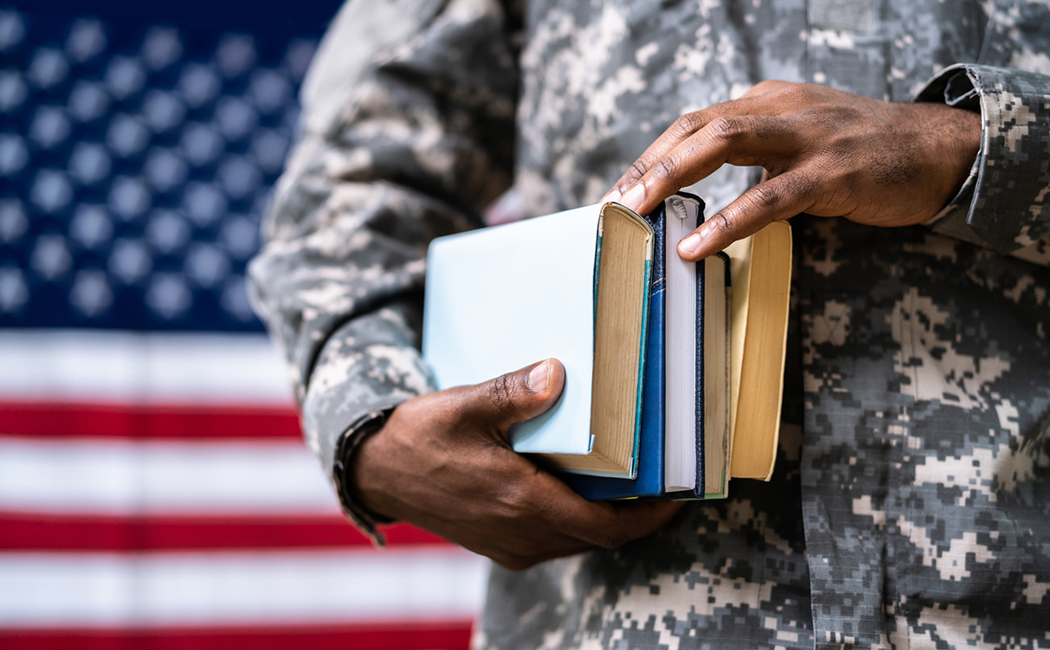Transitioning from Service to School: Tips for Veterans
Embarking on an educational journey after military service is a commendable and often challenging endeavor. At Veterans Guardian, we recognize veterans’ unique hurdles and opportunities when transitioning from service to school. This article aims to provide veterans with essential tips and advice for a seamless transition into the world of academia, leveraging benefits like the GI Bill and making the most of their educational experience.
Embracing the Academic Path as a Veteran
Education is a powerful tool for personal and professional growth. For veterans, returning to school can open doors to new career paths and opportunities for advancement. It’s a journey that requires adaptation, planning, and resourcefulness.
Using the GI Bill Effectively
- Understand Your Benefits: The GI Bill offers various benefits, including tuition fees, a monthly housing allowance, and a stipend for books and supplies. Understanding the extent and limitations of these benefits is crucial in planning your education.
- Choose the Right School: Not all schools are created equal, especially when supporting veteran students. Research institutions with a strong track record of helping veterans succeed and ensure the school’s programs align with your career goals.
- Certify Your Enrollment: Once you’ve chosen a program, ensure that you certify your enrollment with the VA to start receiving your benefits. The school’s Veterans Affairs office typically handles this process.
Choosing the Right Program
- Align Education with Career Goals: Consider how different programs can contribute to your long-term career objectives. Utilize career counseling services many schools offer to help in this decision-making process.
- Consider Online vs. On-Campus Options: Depending on your circumstances, you may prefer an online program or a traditional on-campus experience. Each has benefits and challenges, so consider what works best for your lifestyle and learning style.
- Recognize Transferable Skills: Your military experience has equipped you with unique skills and perspectives. Choose a program where you can leverage these skills and experiences.
Balancing Life and Study
- Time Management: Transitioning to school means adapting to a new routine. Effective time management is key to balancing study, work, family, and personal time.
- Seek Support When Needed: Many veterans find the transition to academic life challenging. Don’t hesitate to seek support, whether it’s academic counseling, mental health services, or study groups.
- Utilize Campus Resources: Take advantage of resources available to veteran students, such as tutoring services, writing centers, and career counseling.
Resources for Veteran Students
- Veteran Support Groups on Campus: Many schools have support groups and clubs for veteran students. These groups can provide a sense of community and understanding that can be invaluable during your transition.
- Scholarships and Financial Aid: Besides the GI Bill, veteran students have numerous scholarships and financial aid opportunities. Research and apply for these to potentially reduce the financial burden of education.
- Networking Opportunities: Use your time in school to build a professional network. Attend events, join clubs, and connect with fellow veterans and non-veteran peers.
Transitioning from military service to school is a significant change but opens numerous doors for veterans. By effectively using the GI Bill, choosing the right program, balancing various aspects of life, and tapping into available resources, veterans can make a successful and rewarding transition into academia. At Veterans Guardian, we’re committed to assisting veterans in this journey, ensuring they have the support and information needed to thrive in their educational endeavors.









